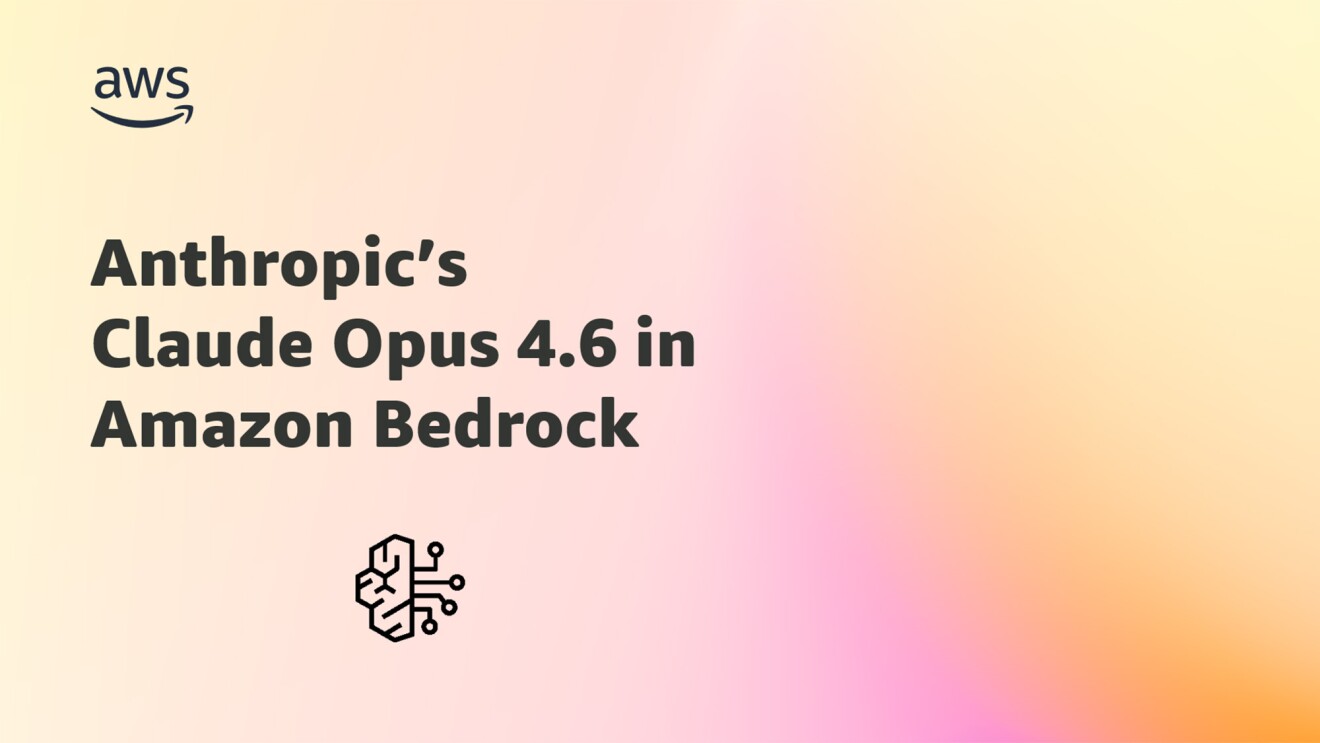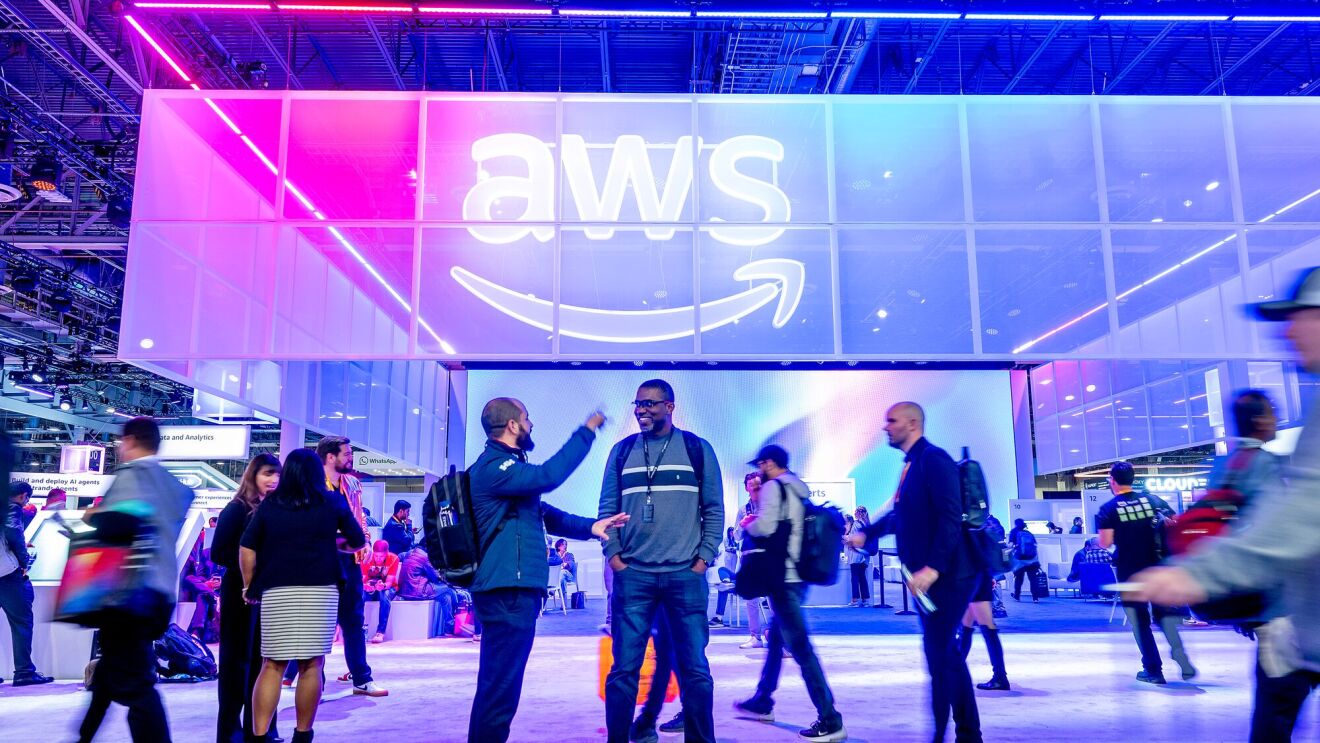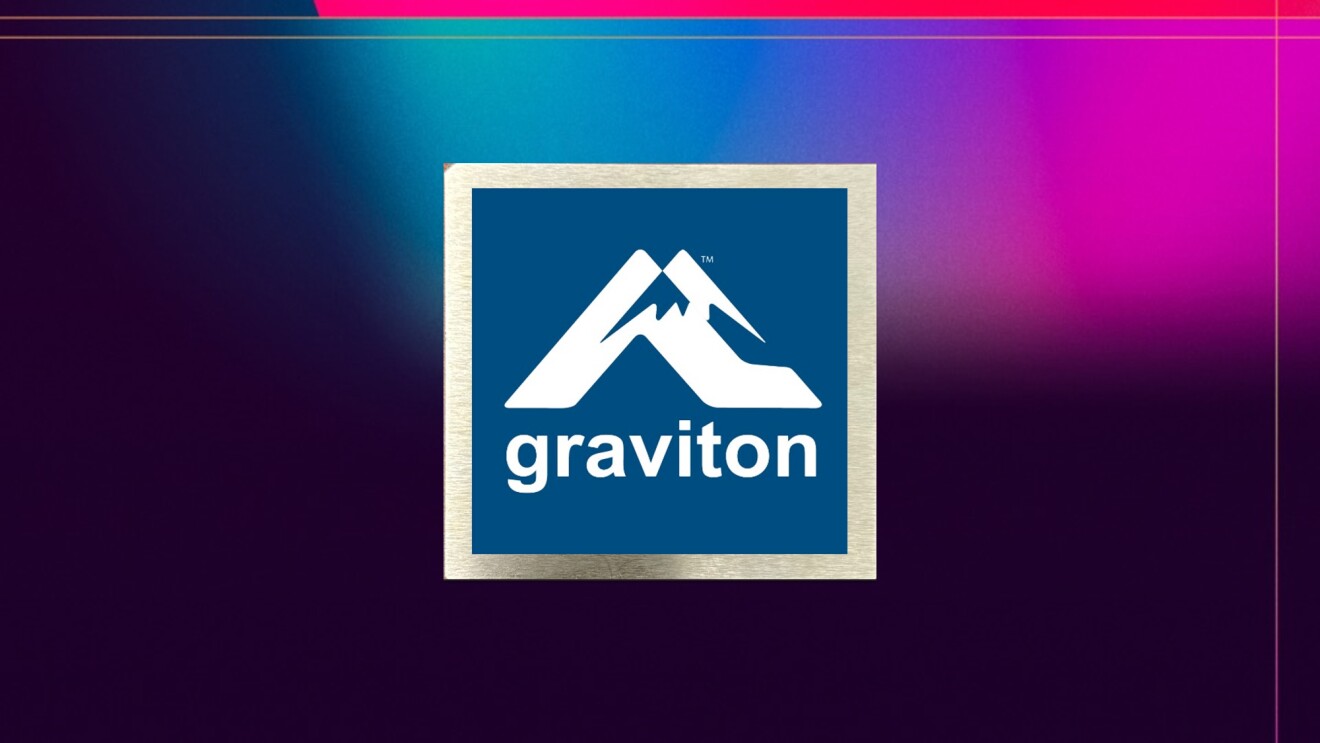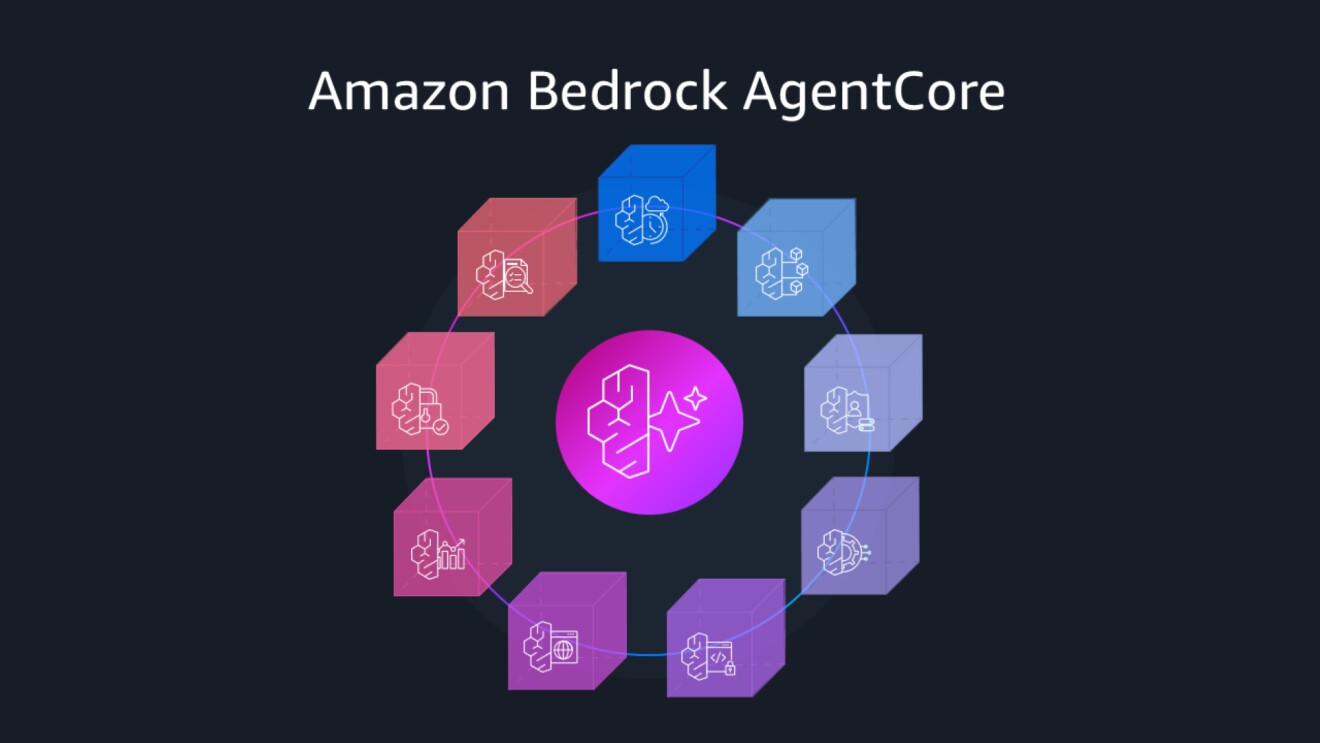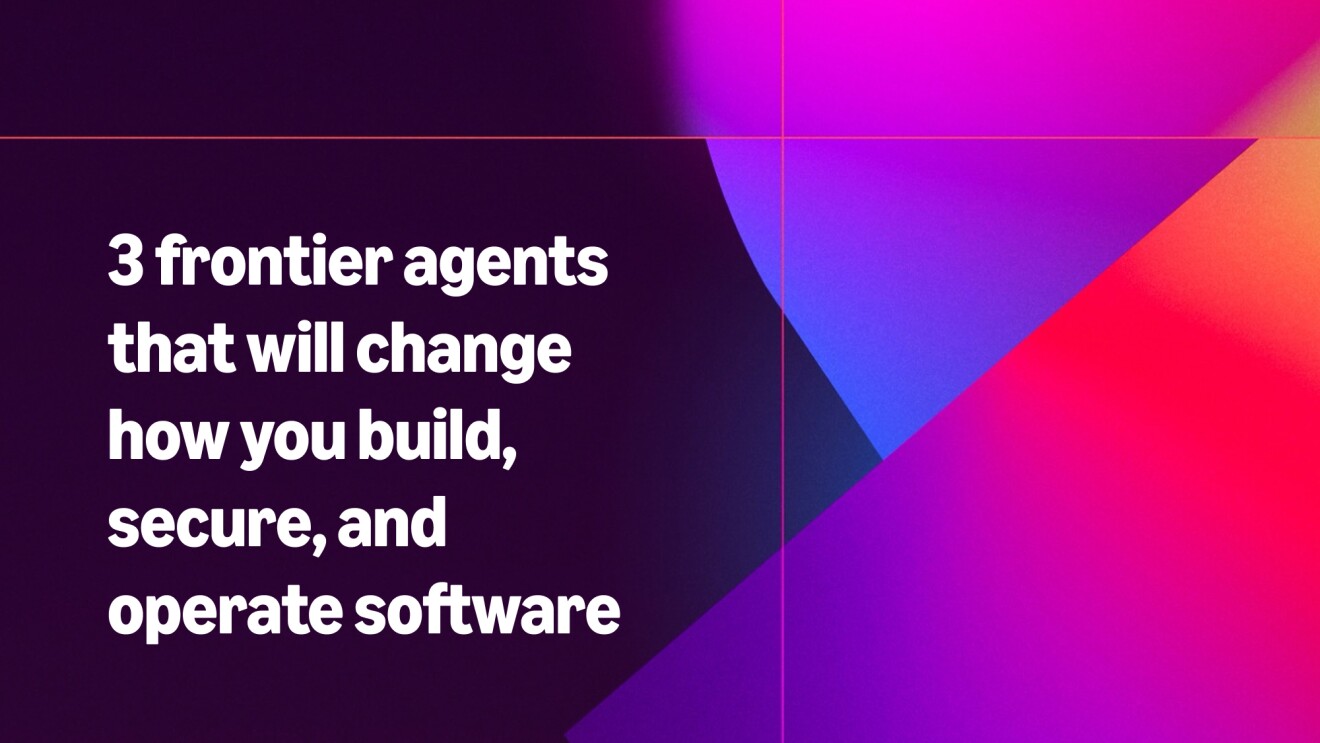As climate change continues to impact communities around the globe, the issue of water scarcity—a lack of access to fresh water for drinking, bathing, cooking, and agriculture—is becoming commonplace. According to UNICEF, “four billion people—almost two-thirds of the world’s population—now experience severe water scarcity for at least one month each year.”
To address the issue, Water.org, a global nonprofit, is working to bring safe water and sanitation to the world, and Amazon helps fund Water.org’s efforts to bring safe water to communities in Indonesia. As a result of Water.org’s partnership with PDAM District of Bandung, a public water utility in West Java, Indonesia, low-income households can now connect to piped water services.
“We supported PDAM Bandung to ensure that PDAM Bandung is able to not only provide water supply, but also good services to their customers,” said Aldi Surianingrat, Water.org’s Southeast Asia lead for infrastructure initiatives. “Our efforts to improve PDAM’s services consist of ensuring water quality, sufficient water quantity, supply consistency, and water affordability to all customers.”
Amazon Web Services’s (AWS) contributions allowed Water.org’s staff to provide technical assistance to PDAM Bandung, which included research on providing microfinance loans to low-income households to finance water pipe extensions. Oftentimes, water utilities are reluctant to providing financing to low-income households out of fear that they will be unable to repay the loan. The market study that they conducted helped Water.org’s staff communicate to PDAM Bandung that the risk of low-income households not repaying the loans was low. The funding also allowed Water.org to help train PDAM Bandung staff on the positive impact of increased access on health, education, and income and water access challenges.
Learn more about two women, Eltracita and Pradita, whose families now have access to safe water. AWS’s efforts to ensure water access for people living in poverty across the globe is an important part of their partnership with Water.org.
Eltracita
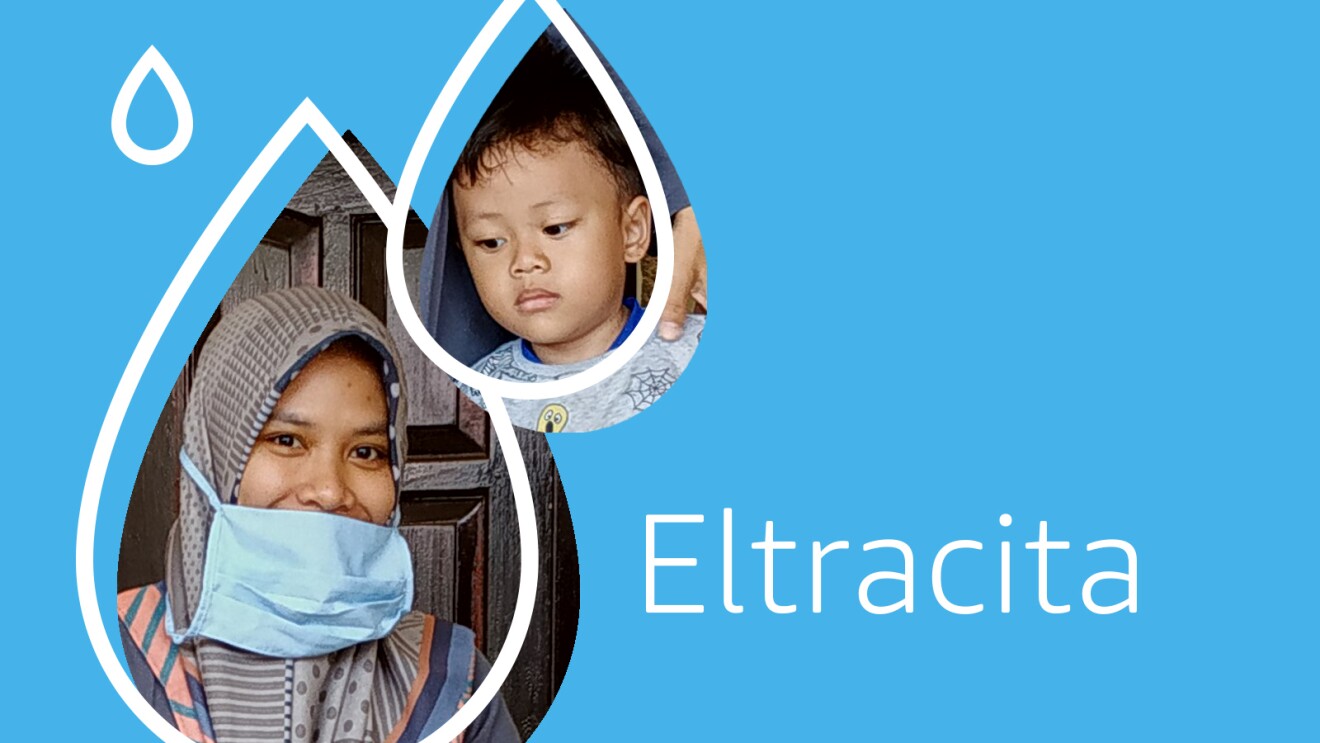
Eltracita is a 29-year-old mother and wife who previously got her water from a borehole well—a narrow shaft that is drilled into the ground either vertically or horizontally to extract water. However, due to poor water quality, she was unable to wash her family’s clothing using the well water, and she suffered from health issues related to her skin, while her child was regularly sick with diarrhea.
Her family used bottled water for cooking and drinking. The worry of trying to access water was so burdensome that it also negatively impacted Eltracita and her husband’s careers because they devoted valuable time in order to solve their water issue. They tried everything in order to fix the quality of their well, even drilling three times around their house; unfortunately, the water quality remained the same.
But, as a result of Water.org's and AWS’s assistance, PDAM Bandung began offering low-interest loans to customers like Eltracita, and she was able to get 24-hour access to safe water. Her family’s health greatly improved, as did the cleanliness of their clothes and home. Now, Eltracita and her husband are able to focus on their careers, rather than the quality of their water.
Pradita
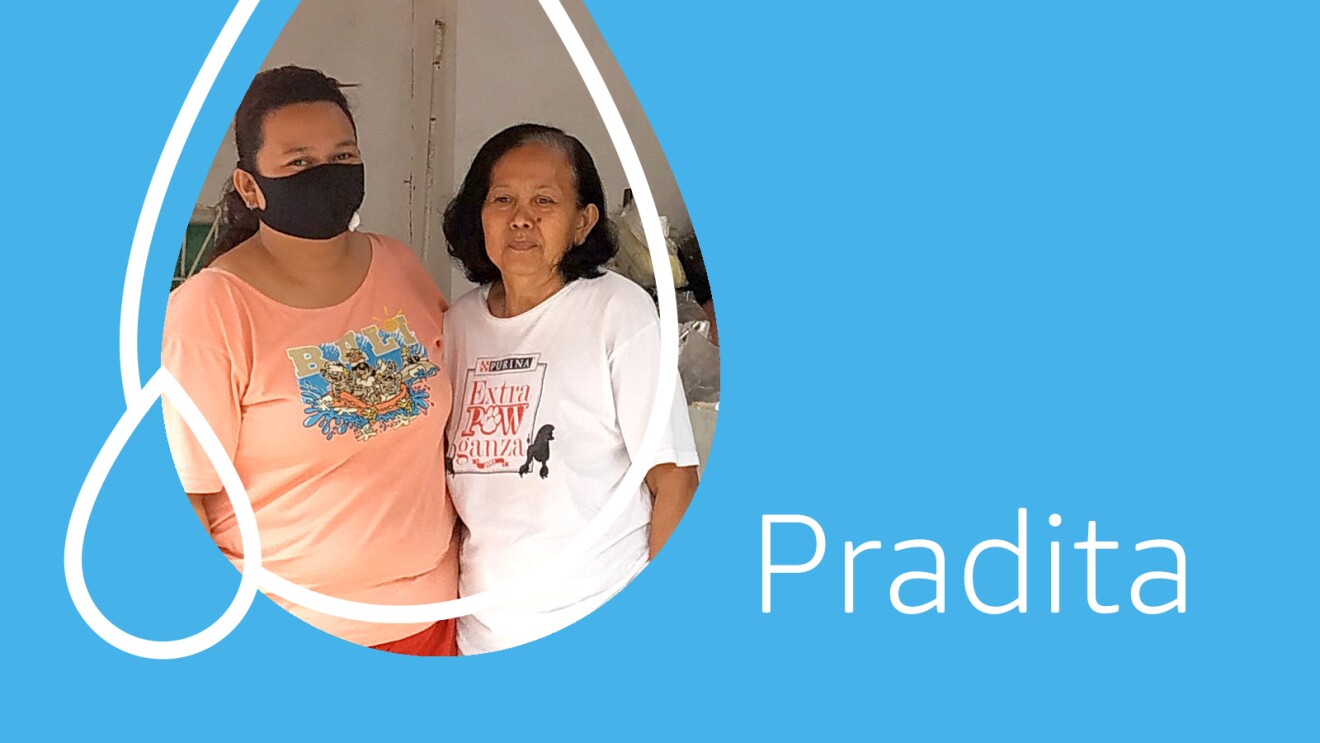
Pradita found herself in a similar scenario, when she and her family didn’t have consistent access to safe water. Before she became a customer of PDAM Bandung, her family also accessed their water from a borehole well, where the quality of the water was poor.
Pradita and her husband operate small businesses from home—she runs a small grocery store and her husband runs a motorcycle repair shop. After receiving a microfinance loan and connecting to the PDAM Bandung utility system, Pradita was able to access clean drinking water, so she and her husband could go back to focusing on their businesses.
Water.org’s support funded by AWS helped PDAM Bandung provide Pradita and her family to access a consistent flow of safe water, with sufficient quantity and pressure. The cleanliness of their home and clothing improved, and they no longer had to use bottled water for their cooking and drinking needs. Pradita and her family are now able to meet all their daily needs with the water connection and focus on their jobs and responsibilities.
These are just two examples of how access to safe water is impacting communities in Indonesia and across the globe. AWS continues to make progress towards its commitment to be water positive by 2030, returning more water than it uses in its direct operations to communities and the environment. AWS has four pillars of their water positive commitment: efficiency, sustainable sources, reuse in communities, and replenishment.
Visit AWS’s water stewardship page to learn more about what they are doing to address water scarcity.
Trending news and stories
- Amazon Leo mission updates: Amazon’s first mission with Arianespace set for February 12
- How to stream 'Young Sherlock’ March 4 on Prime Video
- Watch the trailer for ‘Mercy' starring Chris Pratt, out now in theaters from Amazon MGM Studios
- Amazon MGM Studios' 'Melania' earns $7 million its opening weekend




